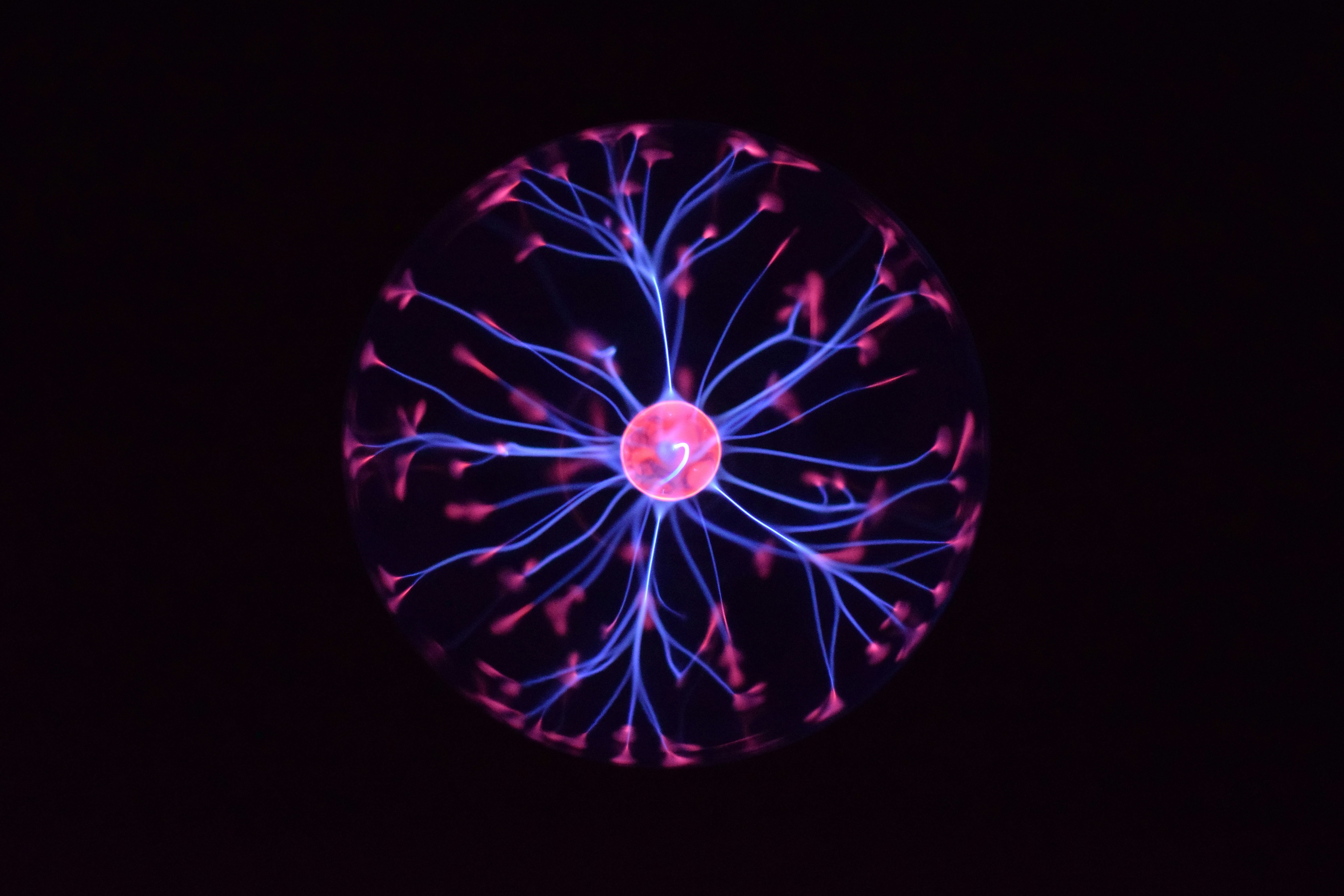Is Ketamine Addictive? What Young Adults (and Their Parents) Need to Know
Ketamine often makes headlines as a club drug, associated with parties, dissociation, and risk-taking. So it’s natural for young adults — and their parents — to ask:
“Is ketamine addictive?”
And more specifically: “If I pursue ketamine treatment for depression, will I get hooked?”
These are valid concerns, especially given ketamine’s reputation outside of medical settings. However, in a controlled clinical environment, the reality is more reassuring. When used responsibly under expert supervision, ketamine carries a very low risk of addiction.
Let’s separate fact from fear and explore what the research tells us.
Ketamine’s Abuse Risk in Recreational vs. Medical Use
First, it’s true that ketamine is a Schedule III controlled substance in the United States. This means it has recognized medical uses but also some potential for abuse, especially when used recreationally and without supervision.
In party settings, ketamine is sometimes misused for its hallucinogenic and dissociative effects, often in high doses and without any safeguards. Regular recreational use in these contexts can lead to psychological craving and dependence.
But clinical treatment is an entirely different scenario. In supervised medical settings:
- Doses are carefully calculated and lower than recreational levels.
- Treatment frequency is limited and monitored — usually once or twice per week at most.
- No take-home doses are provided unless medically justified under strict protocols.
- Patients with active substance use disorders are typically excluded from treatment to prevent misuse.
These precautions help ensure that ketamine is used as a targeted intervention within a structured environment, minimizing the risk of abuse.
What Research Shows About Ketamine and Addiction Risk in Young Adults
Current clinical data is reassuring. There are no documented cases of treatment emergent recreational ketamine abuse in patients receiving medically supervised ketamine treatment for depression. Similarly, the FDA-approved version of ketamine, Spravato (esketamine), is only administered in certified clinics under direct observation.
Why Context and Supervision Matter for Ketamine Therapy
The question isn’t just “is ketamine addictive?” but rather, “under what conditions might ketamine become risky?”
Ketamine therapy is not without risks, but when administered by qualified clinicians within established safety protocols, the risk of addiction is very low. For young adults and their families weighing the benefits of ketamine or Spravato, this distinction between medical care and recreational abuse is essential.
At Lumin Health, we take this responsibility seriously. We screen all patients for substance use history, evaluate emotional and cognitive readiness, and provide structured, closely-monitored treatment environments. Patients are never left to navigate ketamine treatment alone.
If you or your loved one is considering ketamine treatment for depression, anxiety, or suicidality, know that clinical safeguards are in place to prioritize your safety, health, and long-term recovery.
Are you curious if ketamine treatment is the right next step for you? Contact us at Lumin Health to learn more about our comprehensive screening process, clinical supervision, and integration support for young adults.







